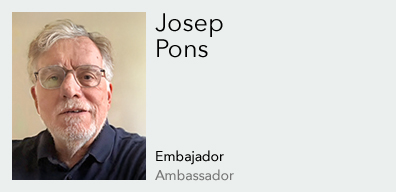
The European Community was the brainchild of a French politician and businessman, Jean Monnet. He had a long-term vision and convinced the French government to start on the path of reconciliation with Germany just a few years after the barbarity of World War II.
Monnet had two obvious objectives. The first was to control the war industry with an independent High Authority (Monnet would be its first president) to manage coal and steel production in the service of peace. This was the task of the ECSC created in 1951.
The second objective was to ensure the development of Europe in a devastated continent, through a social and liberal capitalist system that encouraged free trade. This was the EEC signed in 1957, which also provided a buffer against communism.
Only six countries were at the founding of the European Community: the Benelux countries, France, Germany, and Italy. Frankly, there could not have been more, given the United Kingdom’s initial rejection of the project. The others were either neutral or right-wing dictatorships, or were communist countries run from Moscow.
The founding fathers created an institutional framework and a political system that could only function effectively with a small number of countries, particularly those that were “believers” in the European project. Years later, De Gaulle vetoed the British, saying they were not ready. He meant that they lacked faith and never truly converted.
The political evolution of Europe from the 1970s onwards led Spain, Portugal, and Greece, already converted to democracy, to become members. It also brought in the United Kingdom, Denmark, and Ireland, the first neutral country to join followed by others in the 1980s. Finally, after the fall of the Berlin Wall and the dissolution of the USSR, there was the successive accession of former communist countries, along with neutral Malta and the partially occupied Cyprus.
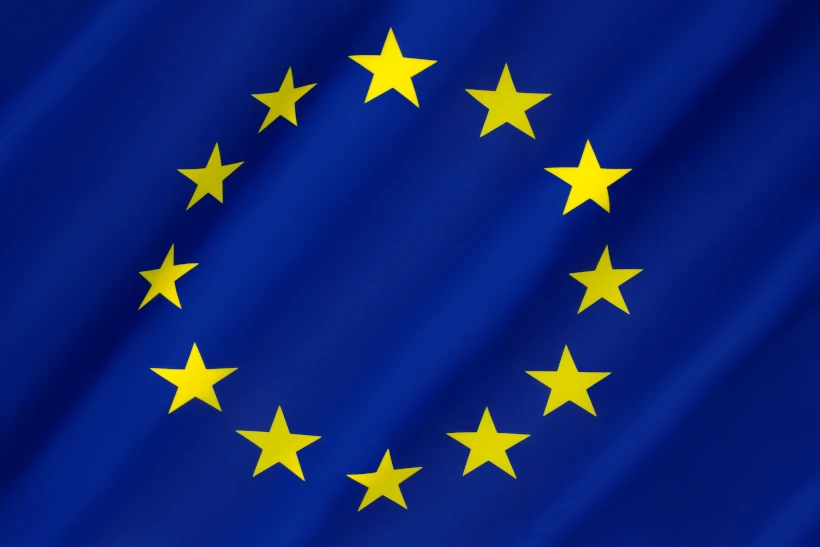
Today, we have 27 member states, and all the countries of the former Yugoslavia and the Balkans are strong candidates.
Jean Monnet’s political project has evolved into a very different one, valid but difficult to manage. With expansions on the horizon, will the EU be weakened or strengthened? It will be strengthened in the sense that within the EU there has been no armed conflict since 1945, coexistence in democracy strengthens security and extends the EU’s borders to Russia and the Caspian Sea.
But it will be weakened because countries with no democratic tradition will join the EU only to obtain funds for their economies but who will not share the political ideals that encouraged the founders 74 years ago.
Populism and nationalism will grow, and it is difficult to build a strong EU in this way.


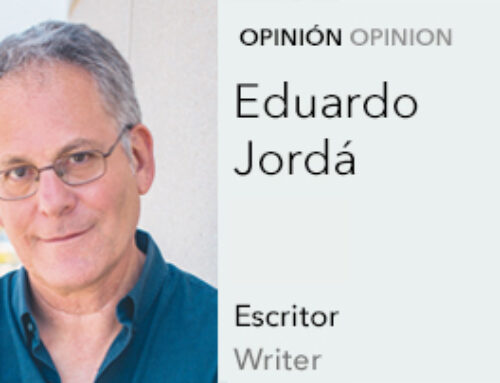
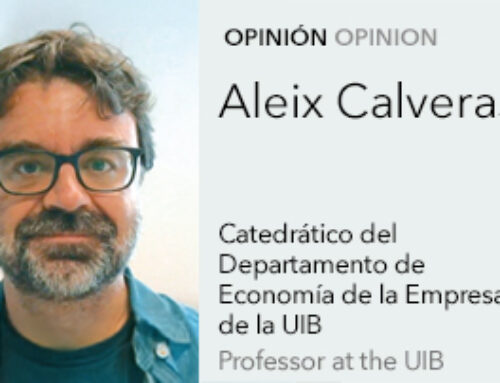
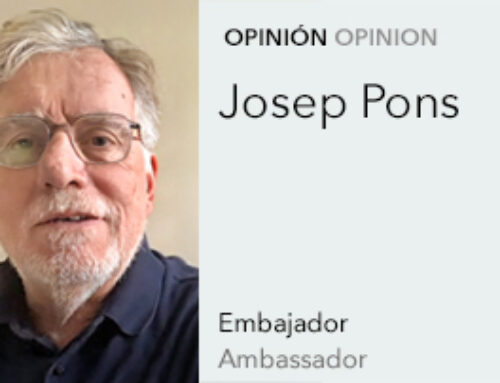
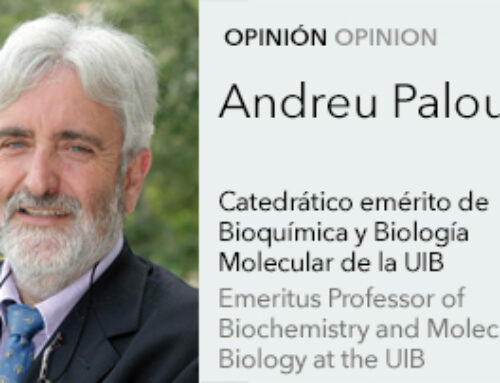
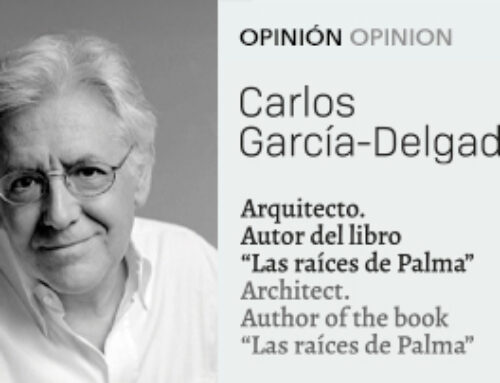

Leave A Comment